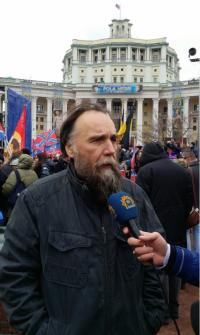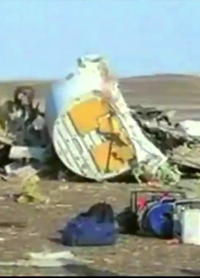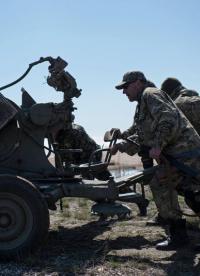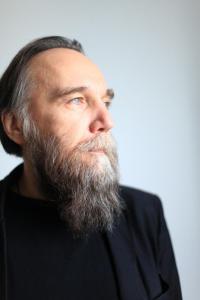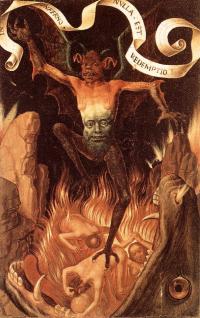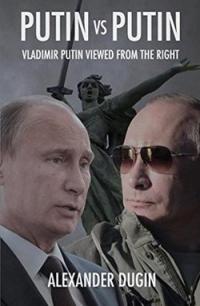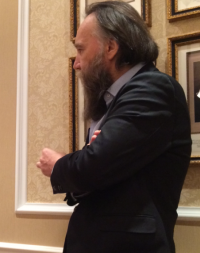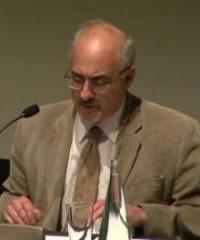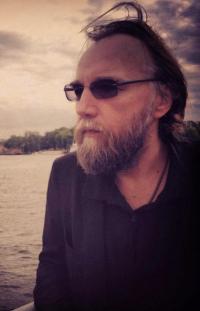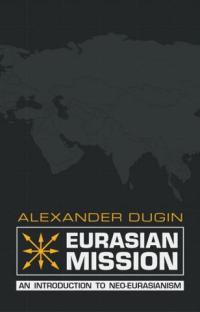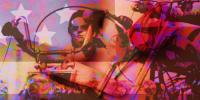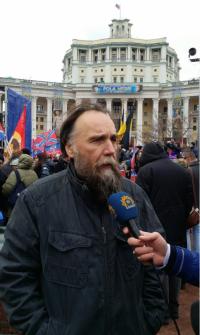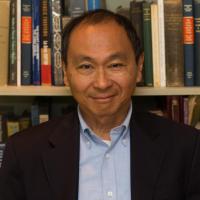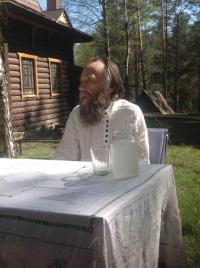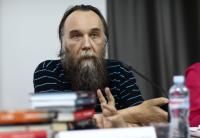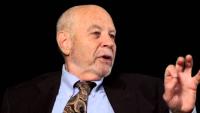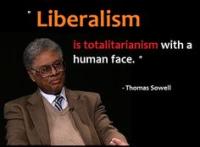Why we fight in Syria
But why does Russia provide military aid to Syria? First, this is a geopolitical conflict. The front between Atlanticists and Eurasians runs in Syria. After the collapse of the Soviet Union, a political vacuum was created in the East and in the Middle East as well. There, the U.S. pursued a project focused on destroying nation-states—dubbed the "Greater Middle East Project." It even destroyed states that had behaved more or less loyal to Washington. The U.S. creates chaos to project itself as a hegemonic power. In the 1990s, Russia was weak and did not react, but in the early 2000s, it began to recover slowly. Today, Vladimir Putin has decided to actively oppose the U.S. policy of chaos in the Middle East. Russia’s military help against terrorism in Syria can be seen as an act of Eurasian geopolitics. Syria is located at the center of the battle between the representatives of a unipolar (U.S.) and a multipolar (Russia) world order.

